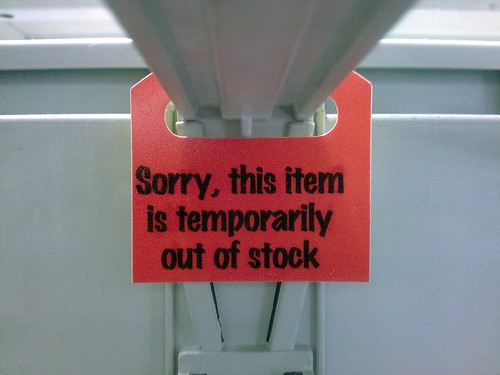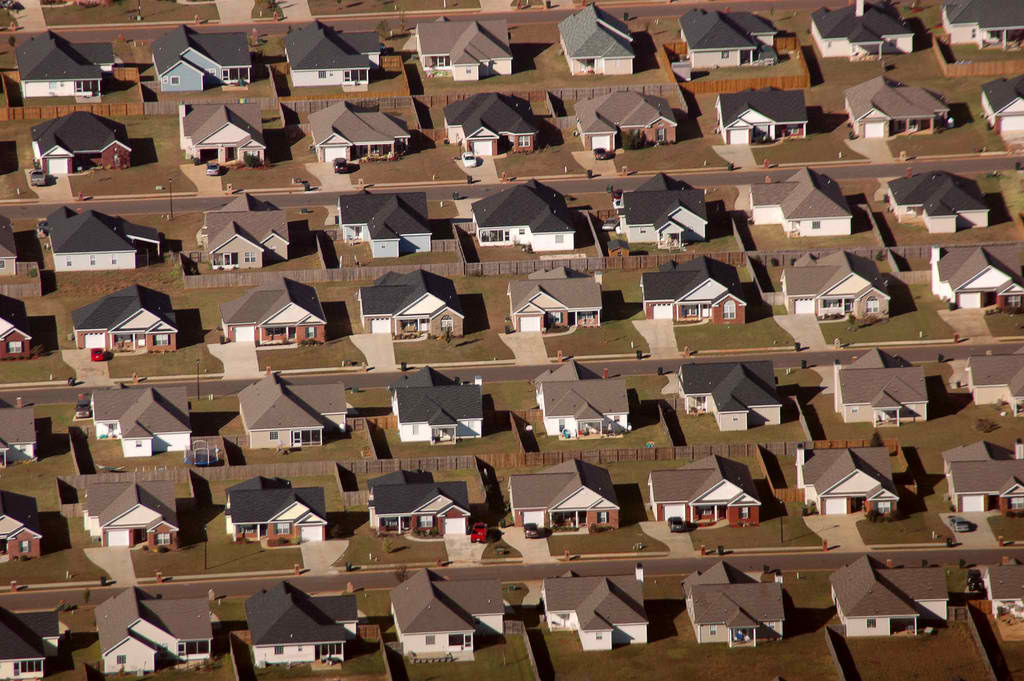Cym over at
Effortless Flow recently put up a few posts about living simply and some issues she sees going along with it. I think she's pretty much right in her assessment, and just wanted to share my own thoughts on it, because after I mentioned a book
Possum Living in a reply, I started musing it over some more.
Firstly, I don't see the simple life as being one of poverty. Poverty to me implies suffering and deprivation. I don't think I've made over $10,000 a year since 2007, and often quite a bit less than that, with my wandering ways keeping me unemployed for about half the year, usually. Part of the ease of me living cheaply is that I'm often either camping out on a long hike, or, in two cases, living free in government housing as part of a job (Forest Service cabins in Utah, a Fish and Wildlife bunkhouse in New Jersey). Otherwise I live in a cheap rented room, or with family, as I do currently. But I'm also able to go without a lot of stuff that others consider essential, which is key.
A big one is TV, which I've lived without for most of the last 4 years, quite happily I might add, as well as not having in-home internet most of the time. Internet is nice, but, as a bit of an aside, ever notice how you'll Google whatever random question comes into your mind? On the Appalachian Trail, we'd sometimes keep a "Google list" of stuff we'd discussed and wanted to know more about, or to settle a debate on something. Then we'd get to town and realize how irrelevant those things were, and how little we cared. Most of the time, no list, and forgetting what transient curiosities we'd wanted to look up proved their irrelevance. The internet is often a great time waster.
Anyways, the point is, I don't mind not having these things. And that's the point: simplicity has nothing to do with suffering. If you have denied yourself something, like, say, your television, and then constantly worry about missing all your shows, you haven't simplified your life at all: you still hang on to the thing, even in its absence. I think this is where the Christians got confused, with their renunciation ethic, of suffering with the poor. The point isn't to add more suffering to the world out of some sense of righteous guilt. It isn't a duty, to be taken up with regret or as a discipline. Renunciation and living simply are about realizing you don't really want or need a thing, it's about letting the extraneous stuff fall away easily like autumn leaves. It's like Diogenes, who owned only a cup until he saw someone drinking with his cupped hands, causing him to realize the cup was unnecessary, so he threw it away. This requires examination into your life, your desires, your fears, and so forth.
 |
| Diogenes with his friends |
I go along with Lao Tzu:
he who knows he has enough is rich. I'd add to that:
he who thinks he needs more than he has is still poor; even those we call the wealthy. I also like the Bob Dylan line,
What's money? A man is a success if he gets up in the morning and goes to bed at night and in between does what he wants to do. This is the essence of possum living. This possum thing I keep referring to is from the book,
Possum Living, written by Dolly Freed back in the 1970s, about the life she and her father lived in their home outside of Philadelphia. Possum living is quite a lot like what Thoreau did on Walden Pond. It's leaving the world of work (save for the occasional odd job), raising your own food (gardening, chickens, rabbits) or gathering, fishing, hunting for it. It's buying clothes, when needed, at thrift stores. It's not owning a car or most of the other stuff of modern life. It's being your own boss, doing your own thing, and realizing life does not equal work, and that unemployment does not equal starvation. It's freedom.
There are a few requirements. When they started living this way, Dolly's father already owned his home and land, free and clear, just as Thoreau built his cabin on a friend's land with permission and at no cost. Living in a society that believes firmly in land ownership means that, unless you want to pay rent, the best way is to own your land. Then all you have are property taxes, not negligible but probably less, depending on where you live. You can get land cheap, even in or near cities, through police and bank auctions, and foreclosures, you just have to put in the time to find it. For myself, I'd want a decent sized chunk of land (5-10 acres) in a more rural area, but not too far out of a town (at most a small city). Then I'd build a small, simple cabin on it to fit my needs and desires, rather than buy land with a house already on it, which would surely be too big for me (thus too much work to maintain, and too expensive to buy, heat and cool).
Owning is really the main issue. It'd be hard or impossible to live this way from an apartment, though you can certainly live cheaply; but growing your food, having chickens and such sounds like a real stretch, unless your landlord is really, really cool and lets you put in a garden and chicken coop in the courtyard or something. Yeah right. It'd also be easier in a more rural area, where more wild foodstuff will be available to supplement what you grow and raise yourself; though there's always something to be found anywhere.
That's the other thing: work is still involved. Not wage work, really, but there is an element of labor. Dolly makes this point in this
YouTube documentary, a point I've made in the past myself. It's work, you have to do things, but the question is whether those tasks are work or leisure. Fishing is fun, but can feed you, so is it work or play? I love gardening and even composting, which both feed my body, directly and indirectly, and my soul, because it's enjoyable, it's leisure and work at the same time. And above that is the fact that I'm my own boss, and much more free in general.
Of course, one doesn't have to go to the extreme of homesteading, though I advocate it and hope to do it someday. Even city folk can simplify their life, drastically cut their expenses, and still live well. Eating a simpler diet doesn't mean sacrificing good food; it means you buy in bulk, beans, rice, flour, and so on, and learn to prepare tasty meals for yourself. Farmers markets often cost less, and are fresher and support local economies to boot. They allow you to taste the seasons as well, since you'll only have squash in the fall, asparagus in spring. Clothes are to be had cheap at thrift stores, though this is admittedly dependant on the overconsumption of others.
As for entertainment, there's always libraries, which often also have movies and music, if you have the electronics to play them. With my laptop alone, I'm set on that. If you're athletic, there's sports that you can do for cheap or free, like pickup basketball games, cycling and running clubs, neighborhood soccer, etc. Or you can take a walk somewhere. Call your friends up and have a poker night, or, in my case, preferably
euchre. Lord I love me some euchre. Nature provides much diversion: birdwatching, wildflower or butterfly hunting, learning the natural history of your area, or adding to it with amateur studies, etc. People act like the only way to have fun is to go to the bar and spend a hundred dollars on alcohol, or going out to nice restaurants. Fine if this is really what you love, but there are a million other options, often more creative and enriching options, and cheaper too.
The upshot? The less money you need, the less you have to work. Now, I'm not allergic to work, and when I do have a job, I always work hard; but I don't mean to devote my life to the accumulation of things, and I have other things to do with my time than slave away after wages. I work because I need to, and the less I need, the less I must work, and the more I can devote myself to the things I enjoy doing but haven't yet really figured out how to get paid to do. As a bonus you get to not be a hypocrite, or far less of one, when you bitch and gripe about the banks, the wealthy, the 1%, the corruption of government run by big business. You've stopped voting for those pricks by not using their dollars, and found your happiness away from their rat-race economic prison.











